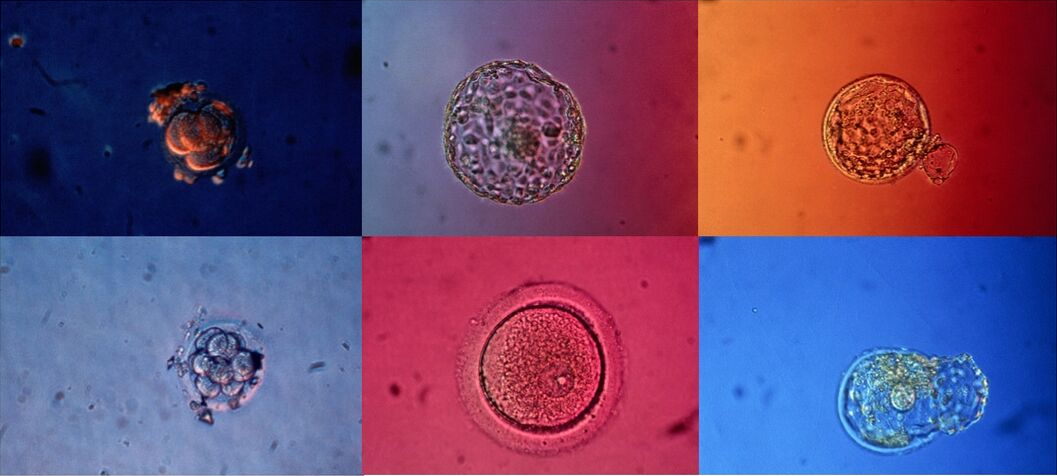We go to many exciting conferences and events throughout the year. Fertility Fest, however, is very special in that it bridges the gap between art and science, lay and professional. Infertility as a topic of discussion stirs intense emotions and Fertility Fest provides a very much needed outlet to express such feelings and have conversations about them. Eager to immerse myself in this year’s festival, I attended the Big Fat Festival Day this May. I must also mention here that the 2019 venue, The Barbican Centre, was a fabulous fit and contributed to the convivial atmosphere of the festival.
When it comes to infertility and IVF treatment, some topics come up more often than others. As such, I would like to focus on the conversations that stood out for me this year – the conversations that, I thought, were novel and really made me think about some of the more painful and uncomfortable questions. For example, what happens when IVF treatment doesn’t work? When our hopes and dreams disintegrate? How does one re-evaluate their life and choices? How does one grieve? And is there meaning to life beyond having children?
During the opening session, Lisa Faulkner talked about her personal journey and the decision to adopt. Her experience really conveyed the difficult choices one has to make after several failed rounds of IVF. This issue seems poignant to me, yet seldom discussed. How does one know when to say no when we put so much emphasis on hope and being positive? Lisa talked about her initial reluctance towards adoption – something that I found refreshing. There are too many people who assume that adopting should be an easy decision for infertile couples, when, in fact, it is not. It was apparent to me that we need to have more conversations about adoption, who it’s for and who it isn’t for.
The Invisible Man was the morning panel that piqued my interest (but, trust me, it was very hard to choose). The focus on men made me reflect on the tough situations that are particular to the male experience of infertility. Elis Matthews talked about being diagnosed with azoospermia and struggling with identity, faith and the meaning of life. The devastation of hearing the word ‘zero’ (sperm) from a doctor really drove home how insensitive some medical encounters can be. Elis, however, admiringly managed to find humour in the situation. Men talked more generally about having to deal with tough questions about meaning and fulfilment – questions that they had to confront because of their experience with infertility. As a woman, I was moved to hear actor and writer Rod Silvers talk about feeling that he had failed his partner when he found out he might not be able to ‘provide’ her with biological children. I wondered if we really understand what infertility means for a couple as a unit, not just individually.
The highlight of the day, for me, however, was the premiere of Irina Vodar’s documentary Anything You Lose: a movie that intimately captures her infertility journey over 7 years. The camera follows Irina and her husband to multiple clinics, documenting their pursuit of parenthood. Heartbreaking moments of disappointment invite the viewer to reflect on the emotional toll that infertility takes on couples. Echoing the questions I outlined above, Irina’s story forces her and the audience to ponder the meaning of life without children and what we do when things don’t go the way we planned. What I appreciated most about Anything You Lose it that it doesn’t fall into Hollywood clichés about infertility. It doesn’t gloss over the complex medical procedures and decisions that patients have to make. It also shows the toll that infertility can take on relationships and the raw emotions it brings out of people. I came out of the Barbican Centre with many things to think about. In fact, I am still pondering questions as I’m writing this post.
Thank you Fertility Fest for another great year!
